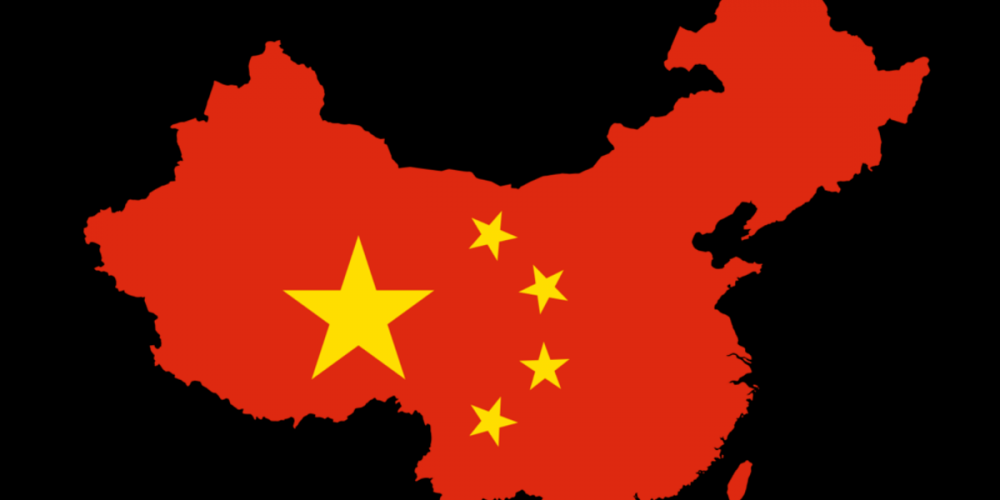There have been articles in Socialist Voice recently on China and Laos. While I hope to write in the future on North Korea and Viet Nam, there are some points to make on the Asian models, especially their use of market relations in order to build socialism.
It should be stated that these policies are not undeserving of severe criticism in many respects, and the articles outlining their political-economic systems should not be misinterpreted as support for a similar model for a socialism based on Irish conditions. But these models do deserve to be studied, especially with the recent victory of communists in Nepal and the debate there about that country’s future.
Socialism is a process, not a simple journey from A to B. It is not as simple as a revolutionary movement taking power in a country and constructing socialism overnight. In any struggle there are ebbs and flows, offensives and retreats.
Many write off China, especially as having completely turned to capitalism. This is very neat criticism. In April 2018 Xi Jinping called on the Chinese Communist Party “to solve the practical problems of contemporary China with the basic principles of Marxism”—a very strange statement for the leader of a capitalist state to make.
This month the 2nd World Congress on Marxism was held in China to celebrate the 200th anniversary of Marx’s birth. China aims to celebrate
the centenary of the founding of the Communist Party in 2021 by eliminating absolute poverty and to celebrate the centenary of the People’s Republic in 2049 by entering the “primary stage of socialism.”
Clearly, if China has become a capitalist state it is a strange one.
But what about market relations in the country? It is worth looking at the classic Marxist views on this question.
“Capitalism is a bane compared with socialism. Capitalism is a boon compared with mediaevalism, small production, and the evils of bureaucracy which spring from the dispersal of the small producers. Inasmuch as we are as yet unable to pass directly from small production to socialism, some capitalism is inevitable as the elemental product of small production and exchange; so that we must utilise capitalism (particularly by directing it into the channels of state capitalism) as the intermediary link between small production and socialism, as a means, a path, and a method of increasing the productive forces.”
This is not from anything written by Deng Xiaoping or any other Chinese party leader but from an article by V. I. Lenin, “The Tax in Kind,” published in 1921.
At the Third Congress of the Communist International, in 1921, Lenin outlined the conditions under which capitalist relations can exist under socialism.
“Within the limits indicated, however, this is not at all dangerous for socialism as long as transport and large-scale industry remain in the hands of the proletariat. On the contrary, the development of capitalism, controlled and regulated by the proletarian state (i.e. ‘state’ capitalism in this sense of the term), is advantageous and necessary in an extremely devastated and backward small-peasant country (within certain limits, of course), inasmuch as it is capable of hastening the immediate revival of peasant farming. This applies still more to concessions: without denationalising anything, the workers’ state leases certain mines, forest tracts, oilfields, and so forth, to foreign capitalists in order to obtain from them extra equipment and machinery that will enable us to accelerate the restoration of Soviet large-scale industry.”
Karl Marx wrote in The German Ideology that “it is only possible to achieve real liberation in the real world and by employing real means, that slavery cannot be abolished without the steam engine and the mule and spinning-jenny, serfdom cannot be abolished without improved agriculture, and that, in general, people cannot be liberated as long as they are unable to obtain food and drink, housing and clothing in adequate quality and quantity. ‘Liberation’ is a historical and not a mental act, and it is brought about by historical conditions, the development of industry, commerce, agriculture, the conditions of intercourse.”
And in his Contribution to the Critique of Political Economy, Marx says: “On the contrary, this consciousness must be explained from the contradictions of material life, from the conflict existing between the social forces of production and the relations of production. No social order is ever destroyed before all the productive forces for which it is sufficient have been developed, and new, superior relations of production never replace older ones before the material conditions for their existence have matured within the framework of the old society.”






